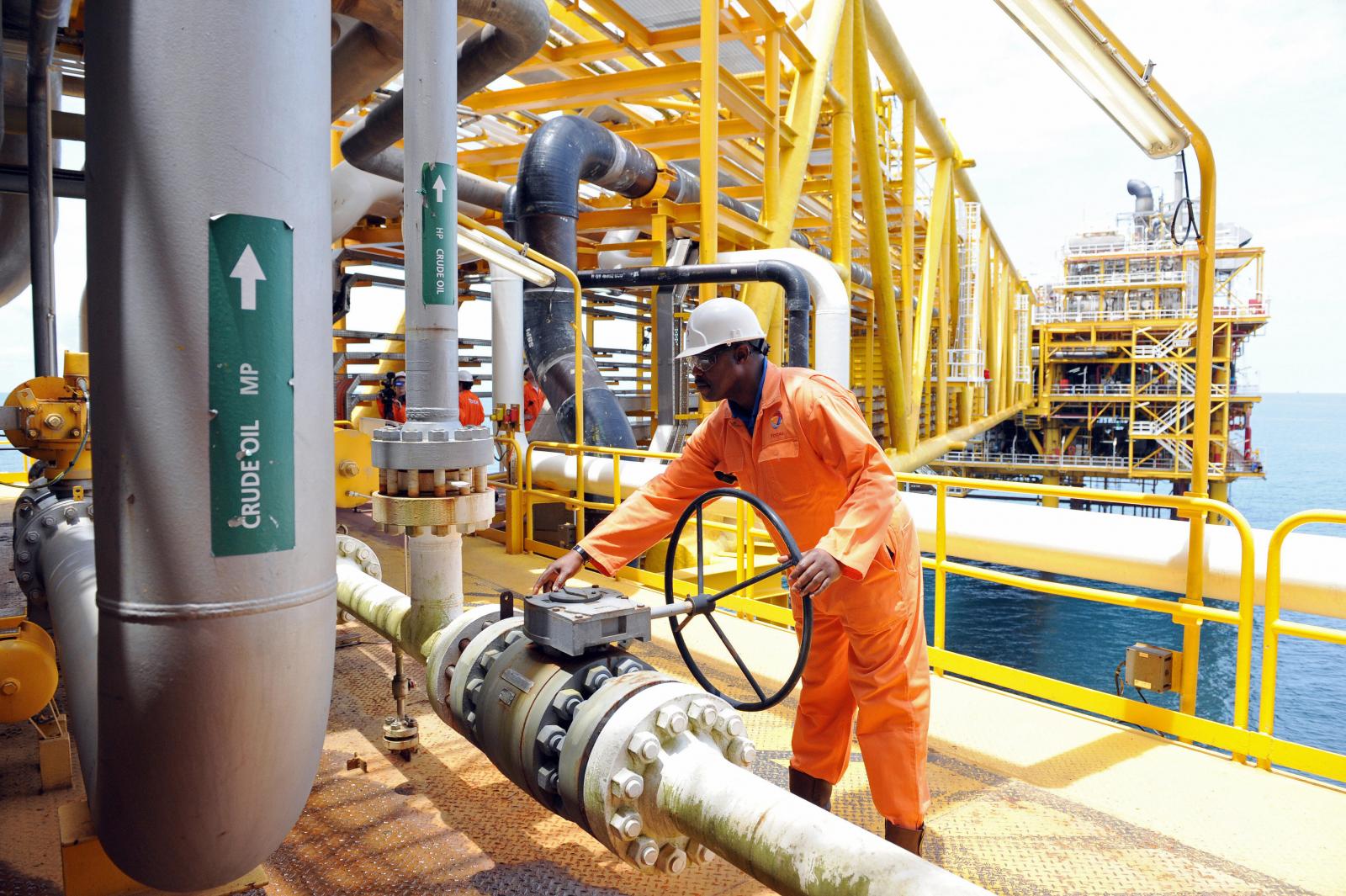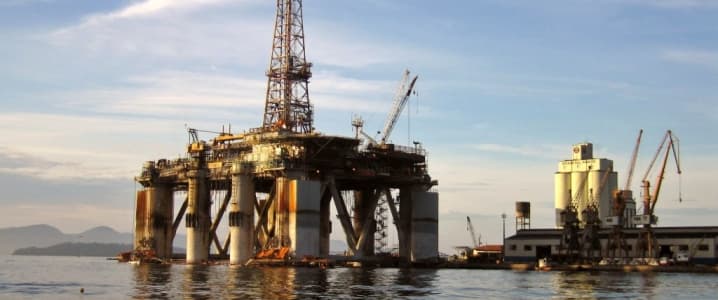Business
Nigeria falls short of OPEC quota again as output stalls at 1.4m barrels per day

Nigeria’s crude oil production rose slightly to 1.401 million barrels per day (bpd) in October 2025, but still remained below its OPEC-assigned quota of about 1.5 million bpd, according to the latest Organisation of Petroleum Exporting Countries (OPEC) Monthly Oil Market Report released on Wednesday.
The figure represents a marginal increase from 1.39 million bpd in September, marking the third consecutive month that Africa’s largest oil producer has failed to meet its target. The last time Nigeria achieved its quota was in July 2025.
The continued shortfall comes just as Minister of State for Petroleum Resources (Oil), Heineken Lokpobiri, is preparing to demand a higher production quota for Nigeria at the upcoming OPEC meeting scheduled for later this month.
Lokpobiri, speaking recently in an interview with the Nigerian Upstream Petroleum Regulatory Commission (NUPRC) media team, argued that the current quota underrepresents Nigeria’s capacity, saying the country could produce up to two million barrels per day under improved operational conditions.
“The OPEC quota is subject to periodic review, and by November, when we attend the annual meeting, we will certainly be making a case for a higher quota for Nigeria,” he said. “There’s no better time than now for us to push for a review to two million barrels and above.”
However, OPEC’s data reveal that production has been inconsistent. Nigeria averaged 1.468 million bpd in Q1 2025, 1.481 million bpd in Q2, and 1.444 million bpd in Q3, reflecting a gradual decline. Monthly figures show output peaking at 1.529 million bpd in April before sliding back to 1.401 million bpd by September.
The organisation attributed Nigeria’s weak output to operational challenges, oil theft, and infrastructure constraints – issues that have long undermined the country’s production stability despite fresh investments and renewed government interventions.
Globally, OPEC said total oil supply in October exceeded demand by 500,000 bpd, reversing the 400,000-bpd deficit recorded in September. The report credited the increase to higher production from non-OPEC countries, particularly the United States, which accounted for more than half of the 890,000-bpd rise in global supply.
Analysts say the combination of sluggish demand growth and rising non-OPEC output has continued to pressure prices, which have hovered between $82 and $86 per barrel in recent weeks.
Despite government assurances and new upstream investments, Nigeria’s failure to meet its production quota for three straight months underscores deep-rooted structural problems in its oil sector, problems that could complicate its bid for a higher OPEC allocation.




